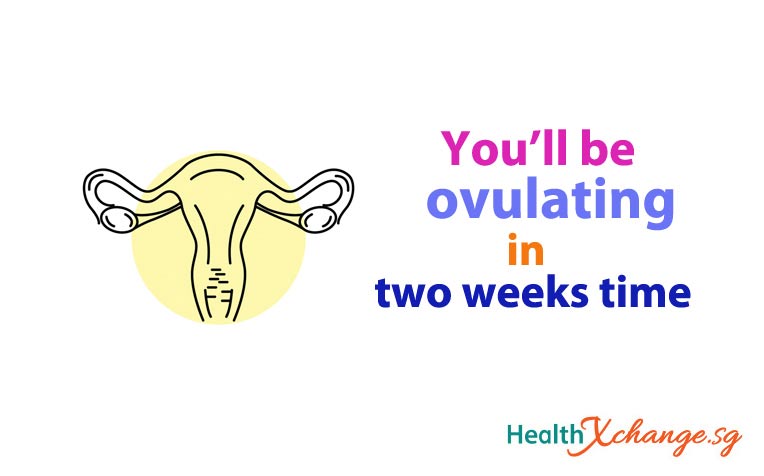
Pregnancy week 1 starts on the first day of your last menstrual cycle.
For mom
At pregnancy week 1, you're not pregnant just yet, but you will be ovulating in approximately 2 week's time. Here's why, just in case you're wondering.
In reality, pregnancy lasts an average of 38 weeks (266 days). However, the 40 week time frame is used because exact date of conception is usually unknown. This can be due to a variety of reasons, such as
-
frequent intercourse
-
difficulty remembering the timeline of events and so on
-
To confuse things further, the date of intercourse does not always correlate to the date your baby is conceived as you will soon discover in later sections
Pregnancy Week 1 starts on Day 1 of your Last Menstrual Period (LMP)
Due to these uncertainties, 40 weeks are counted from the first day of your Last Menstrual Period (LMP) which is a fixed date known to you. This will give you your Estimated Date of Delivery (EDD).
Your Estimated Date of Delivery (EDD) can be corrected at a later stage to make it more accurate after taking into account the results from the first major ultrasound scan to date your baby (the 'dating' scan). This happens from pregnancy week 7 onwards. EDD aside, we will explore some important pre-conception tips and bring you through the changes your body is undergoing to prepare for your pregnancy.
What does Pregnancy week 1 look like for mum?
Pregnancy week 1 starts on the first day of your last menstrual cycle. As you probably already know, your uterine lining is being shed.
At the same time, hormone levels are causing your body to harvest new follicles (potential eggs to be) which have always existed inside your ovary. However, it will be another 14 days before you ovulate and only 1 of these follicles will become the egg. More on this later!
For baby
To prepare for your baby, you have to keep healthy! It's important to eat healthy and have a balanced diet. Aside from that, there are some things you can do to prepare for your impending pregnancy.
Folic Acid supplementation is something that all ladies should be taking if they are planning to conceive or are already pregnant in the first trimester.
It is a type of vitamin B that is needed for the formation of red blood cells and the development of the baby's nervous system. Taking folic acid lowers the risk of preventable malformations in the baby, such as spinal bifida. Spinal bifida is essentially a birth defect caused by incomplete closure of the spine which, depending on the severity can cause life-long medical deficits. Folic acid is highly recommended in ladies with a positive family history or previous child with spinal bifida.
Also, for those intending to get pregnant, do ensure that you have immunity to the following:
- Rubella (German Measles)
- Varicella (Chicken pox)
- Hepatitis B
If you don't, do set aside some time (~3 months before conception) as certain vaccine courses require a longer period of completion and are safer to be given in a non-pregnant state.
The reason for keeping up to date with your vaccinations is that some of the above diseases can be harmful to both mother and child. In the worst case scenarios, they could lead to birth defects that are not easily picked up on ultrasound, miscarriages or even chronic illnesses in your child.
Ref: L20
Click the link for the complete listing of articles for Pregnancy Week 1 - Week 40.
Contributed by

















